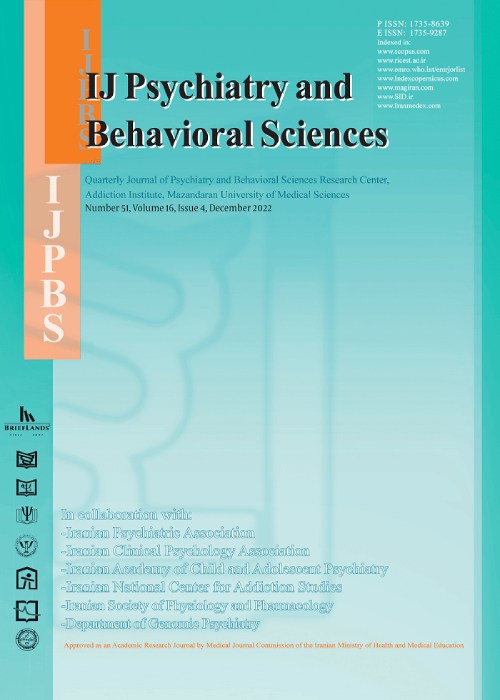The Effect of Acceptance and Commitment Therapy on Psychological Flexibility and Emotional Regulation in Patients with Spinal Cord Injuries: A Randomized Controlled Trial
Patients with spinal cord injuries suffer from some psychological problems, such as inadequate emotional regulation and flexibility for adapting to the post-injury condition. In this regard, acceptance and commitment therapy (ACT) can improve psychological flexibility and emotional regulation.
The main goal of this study was to analyze the effectiveness of ACT in improving psychological flexibility and emotional regulation in patients with spinal cord injuries.
This quasi-experimental design study was based on a pretest-posttest method with a control group. The study population consisted of all patients with spinal cord injury referred to Jalaeipour Rehabilitation Center in Tehran. The study sample included 30 patients with spinal cord injury selected by the purposive sampling method. The inclusion criteria were patients aged 20 to 55 years, residing in Tehran, and with at least a high school diploma. The injury duration varied between one and five years, and the injuries were thoracic and lumbar injuries and an intermediate score of psychological flexibility and emotion regulation. The exclusion criteria were patients with cervical spinal cord injuries, as well as patients who were simultaneously receiving another psychological treatment together with the subjects who suffered from brain damage. Patients were randomly assigned to the experimental and control groups based on random numbers. There were 15 patients in each group. The intervention group received ACT during eight sessions (1.5-hour group therapy) held once a week at Jalaeipour Rehabilitation Center in Tehran (2018), while the control group received routine care. Dennis and Vander Wal’s cognitive flexibility inventory (CFI) and Gross and John’s emotion regulation questionnaire (ERQ) were completed before and one week after the intervention. The data were analyzed using multivariate analysis of covariance (MANCOVA).
There was a significant difference in demographic indicators between the two groups. Based on MANCOVA with the baseline score, the mean scores of psychological flexibility and emotion regulation had a significant difference regarding the results of ACT between the experimental and control groups (P < 0.05).
According to the findings, ACT can improve psychological flexibility and emotional regulation in patients with spinal cord injuries.
- حق عضویت دریافتی صرف حمایت از نشریات عضو و نگهداری، تکمیل و توسعه مگیران میشود.
- پرداخت حق اشتراک و دانلود مقالات اجازه بازنشر آن در سایر رسانههای چاپی و دیجیتال را به کاربر نمیدهد.


